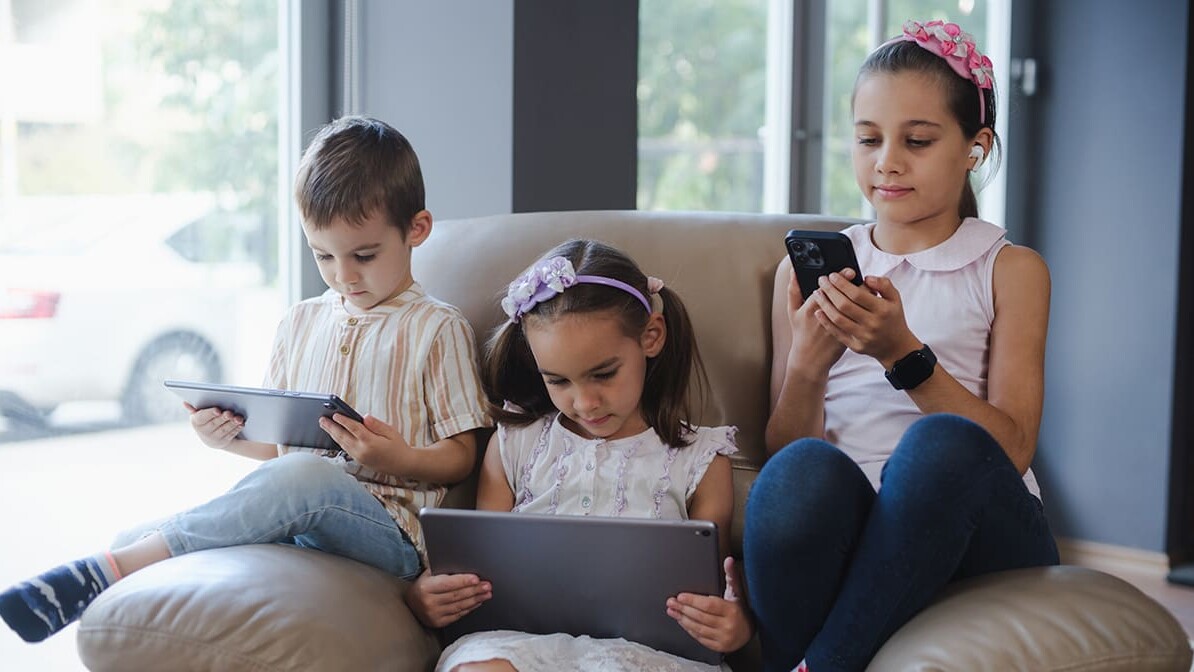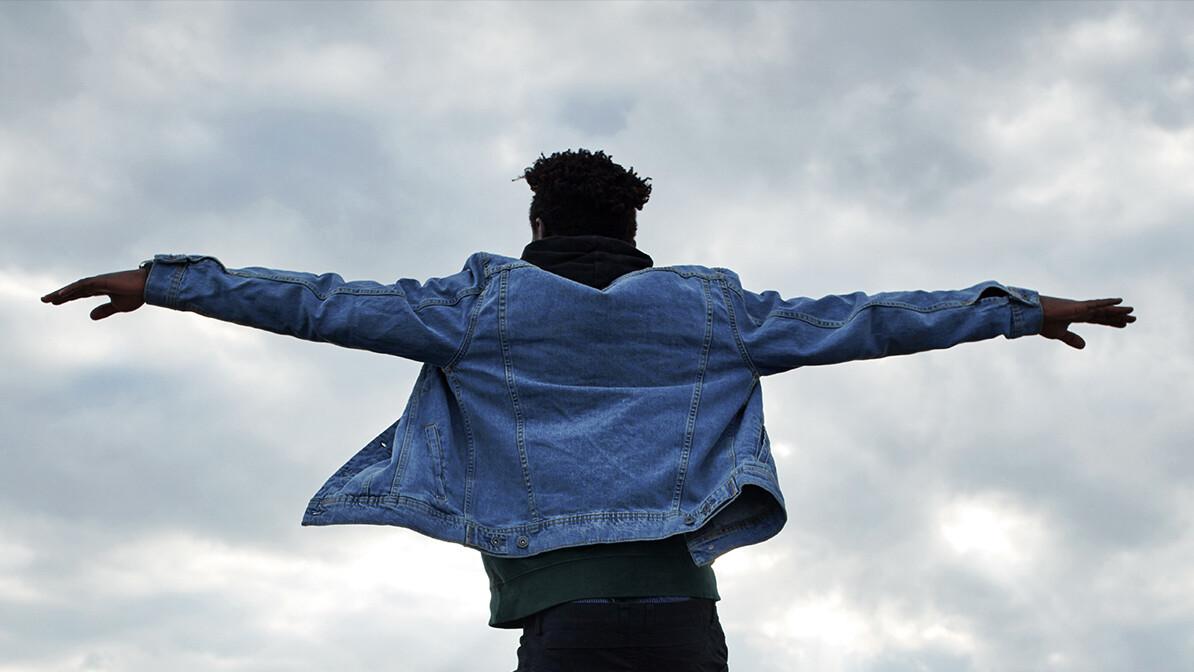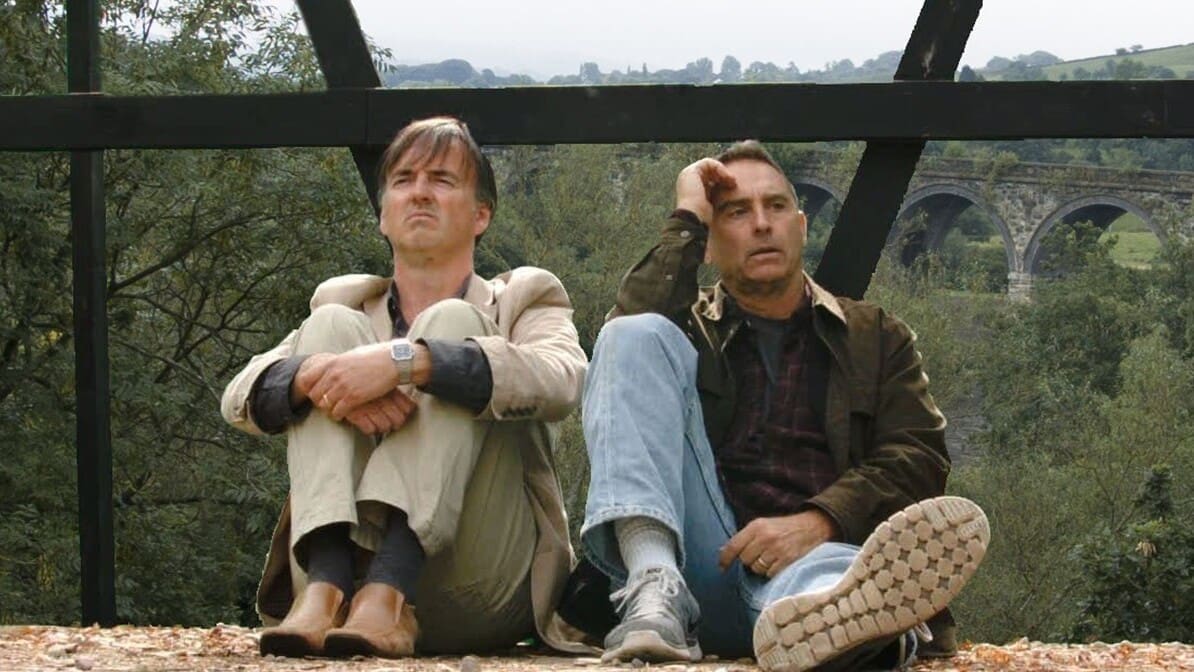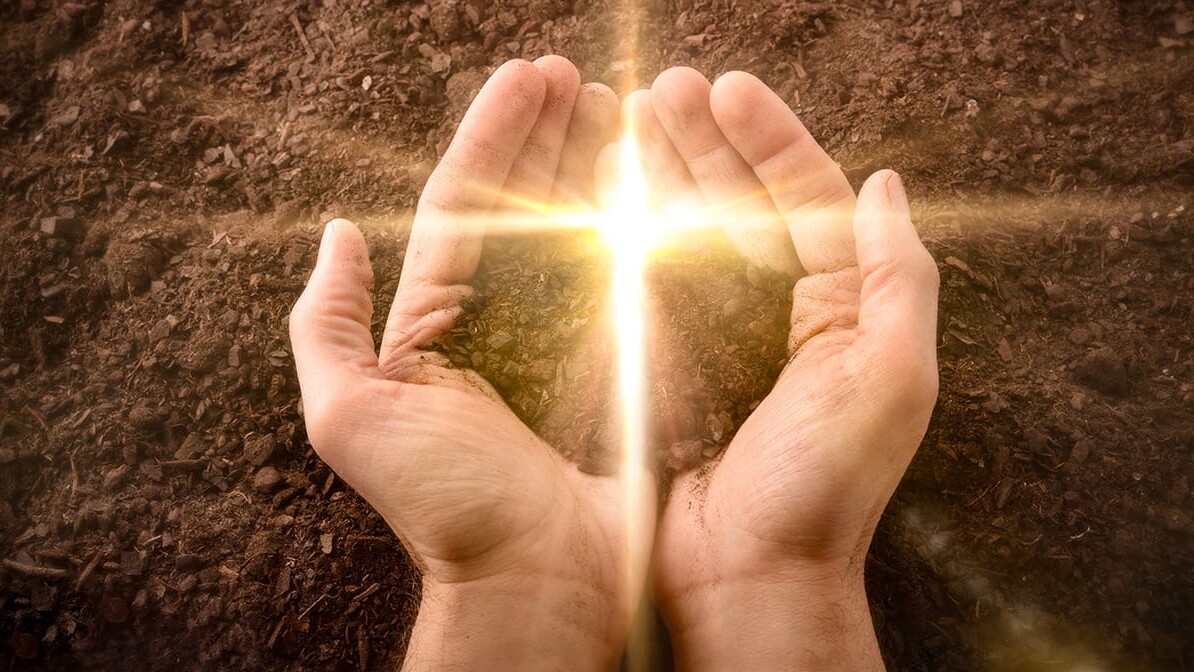- Home
- Entertainment
- Masey McLain and the Role God Wanted Her to Play (Part 1)
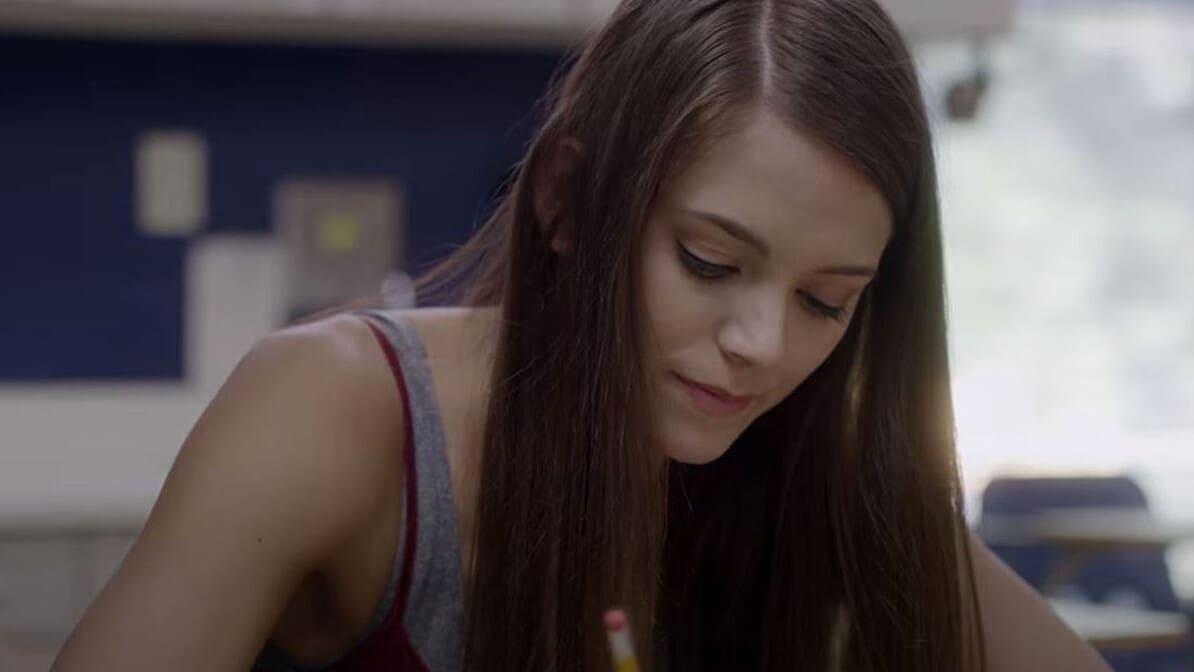
Masey McLain and the Role God Wanted Her to Play (Part 1)
John Farrell: How did you get attached to I’m Not Ashamed?
Masey McLain: Oh goodness! A lot of auditions. I think it was a year of auditions. It was a lot.
Somebody told me about one of the producers that lived in Nashville. She wasn’t a producer at the time, but they told me she would be a great person for me to meet because she’s in entertainment. I had no idea who she was or anything, and I walked into her office. She was like, “Oh my goodness, you look like the character that I’m trying to find right now.” I was like, “What?”
She ended up taking a chance on me and told me about the movie and that I could audition for it if I wanted. So, I started that process, and it was grueling. Every time it was, “Oh, we like her, but fix this.” It was just back and forth, back and forth, back and forth the entire time. It was a roller coaster.
At one point, they actually cast someone else. That was really hard. It was between me and another girl. Then one day, the head producer – they were in a meeting – said he felt like he knew who was supposed to play it. No more questions and no more auditions, but I was the girl. That’s how I got it.
JF: You said it was a year-long audition process, but how far into the process were you when they cast the other girl?
Masey: Probably toward the end of the year. It was kind of toward the end of that process. It was a roller coaster ride, but it was also really cool because I feel like I had to go through that. God taught me so much dependency on Him and ultimately showed me that He was the one that gave me that role.
I didn’t think I was going to get to play it. It’s really interesting because the first time I auditioned for it, I was having my quiet time and I felt the Lord confirm in my heart that I was going to play that role. The only person I told was my mom. I told her, “Mom, I know this sounds crazy, but I’m supposed to play that role. I don’t know why. I don’t know what it is, but I think that I am.”
In my quiet time that morning, I had read a semi-devotional about the Lord fighting for you. And I just felt Him confirm in my heart that He was going to fight for me for that. It wasn’t going to be me. It was going to be Him that did it. And that’s what happened. A year later it ended up happening like that.
I’m so glad it happened like that because it let me go into the process of filming with such a dependency on Him and such a trust. It was one of the most intimate times with the Lord I’ve ever had throughout that process of filming. It was really a cool thing.
JF: What about the movie and the role attracted you?
Masey: I think because it was a true story. I had heard about Columbine. I was too young when it actually happened. I don’t remember where I was when it happened. I know a lot of people I’ve talked to remember exactly where they were when they heard about the shooting and all this kind of stuff. But the more research I did on her and who she was and the way she lived her life as a 17-year-old high school girl in Colorado, I was just drawn to it.
Her main desire was to make an impact. That is something that’s so near to my heart and something that I feel so deep inside me, as well. I just related to her like that and was drawn to it.
JF: The movie centers around the Columbine High School shooting, but it has a unique angle in that it’s from the perspective of the first victim – your character Rachel Joy Scott. In your opinion, why is it told from her point-of-view versus any of the other victims?
Masey: It’s interesting you ask that because you know how anytime a true story comes out people come out and say, “Why didn’t we get to hear it from this point of view?” Or “Why weren’t any of the other victims portrayed or focused on?” It’s really because this was Rachel’s story.
It’s like telling a story about any other person’s life or any other true story we watch, especially in a movie. You don’t have time to dive into thirteen different people. This was from her heart. All the voiceovers you hear in the movie, everything that happens in the script is straight out of her journal. That was really incredible for me.
I got to have a box of her journals and I would sit on my bed every night and read them. I can’t even describe that feeling, but I’ve never felt the Holy Spirit so close. It was such a crazy experience because her prayers and the way she prayed and the desire she had to impact everyone around her. Even the things she predicted would happen happened. A year to the date that she died, she said that she thought that was going to be her last year. She was like, “God, whatever You have for me this year I think this is going to be my last.” And that ended up happening.
There are so many things throughout her journals that are almost prophetic in a way, but she didn’t know it. It’s just so crazy to read. With making the movie, we really just wanted to tell Rachel’s story. Anyone else can tell any of the other victims’ stories, but we went off her journals, and her mom was a big part of the process. She gave us incredible insight into Rachel’s life. So, that’s the angle we took.
JF: You mentioned her prophesying her death and that she made other predictions. Do you know any of the other predictions she made? I wonder what made her think it would be her last year. That’s pretty grim for a high school senior, especially one who has such a strong relationship with Christ, to think like this.
Masey: There’s so much that I read, but I wish I could remember the other things she had predicted because there are two or three other prominent ones that stand out. I’m going to be honest though, I can’t remember them at the moment, but that was definitely the main one.
Something about Rachel though, she struggled with depression to the point where it was really bad at certain points. She was just a normal girl. She was like all of us. Same struggles. She faced the same battles. I feel like a lot of people put Rachel on this pedestal as this kind of saintly figure. She was just a normal girl that God spoke to and used.
The main thing about her was that she gave her life to the Lord every day to be used however He saw to use her. And she made an impact by doing that. Every day she focused on who can I make an impact on? What life can I make a difference in? She even talks about starting a chain reaction and just one thing you do can start that. She really did that, and it had a trickle-down effect.
Her funeral, at the time, was the most broadcasted funeral ever. Countless people got up and said, “Rachel made a difference in my life.” “Rachel impacted me this way.” The stories are just incredible — the things she would do and the little things that changed people’s lives. The way she lived her life was an example to everybody. Yes, she was human. She was just like anybody else.
JF: How are you and Rachel different and alike?
Masey: It’s really interesting because her best friend is Nate in the movie, but in real life his name is Mark. He’s still alive. He watched the movie after we made it because we wanted him to see it and to get his thoughts. He said, “I did not feel like I was watching a movie. I felt like I was watching a memory.”
He said all of that was so right and accurate. He said even my voice was like hers. He was like, “The way Masey laughs was like Rachel. The way she talks is like Rachel. It’s weird.”
I think that’s so God. I didn’t know how Rachel talked. There were no videos, and I couldn’t study the way she did certain things. I didn’t know the way she laughed. I really think it’s something that God might’ve made similar between us and because I was supposed to play her. When he said that I was really taken aback because I had no idea about those things.
JF: You mentioned that her mom gave you a bunch of her journals. How much contact did you and the cast have with her family throughout the production process?
Masey: Some days her mom would come to set and some days were too hard. It just depended. We got her to be there on the days that were really fun and the brightest spots of Rachel’s life. I think she had the best time. It was so cool. Then the heavier days, she just couldn’t come around.
Talking to her offset, she would come over to the house I was staying at and we would sit down and have coffee. She would tell me anything I wanted to know. I would ask her questions and she really honed in on the fact that Rachel was just a girl that loved God and that God used her in an incredible way. It was really neat getting to sit down with her. Her mom is the most incredible person I think I’ve ever met. Truly.
…
Featured Image Credit: Movieclips Indie
Trending Now
Sign up today for your Inspiration Today Daily Newsletter
Supercharge your faith and ignite your spirit. Find hope in God’s word. Receive your Inspiration Today newsletter now!
John Farrell
John Farrell is the Digital Content Manager for inspiration.org. In addition to having written more than 1,000 articles, press releases, and other pieces of content for Inspiration Ministries, NASCAR, Lionel, and Speed Digital, he authored The Official NASCAR Trivia Book: With 1,001 Facts and Questions to Test Your Racing Knowledge in 2012. John is a graduate of Appalachian State University and lives in Concord, N.C., with his wife and two sons.
Related Articles
April 19, 2024
Navigating the Digital Storm: 5 Tips for Mentoring Kids’ Faith
In an age where screens dominate our daily lives, parents face a daunting challenge: How can we…
April 19, 2024
Unashamed: Take Me As I Am
Excerpt from “Chapter 5: Take Me As I Am” of Unashamed by Lecrae The final night of the…
April 18, 2024
Movie Review: Grace and Gravity
According to a report published by the Centers for Disease Control and Prevention (CDC) and posted…
April 16, 2024
‘It Is Well with My Soul’
“It Is Well With My Soul” is a hymn that may bring peace and comfort when considering the peace…
Next Steps To Strengthen Your Walk
Submit A Prayer Request
We are here for you. Simply click on the button below to reach us by form, email or phone. Together we will lift our hearts and voices with you in prayer.
Partner WIth Us
Sow a seed of faith today! Your generous gift will help us impact others for Christ through our global salvation outreach and other faith based initiatives.
Inspiration TV
Watch Christian content from your favorite pastors, christian movies, TV shows and more.



